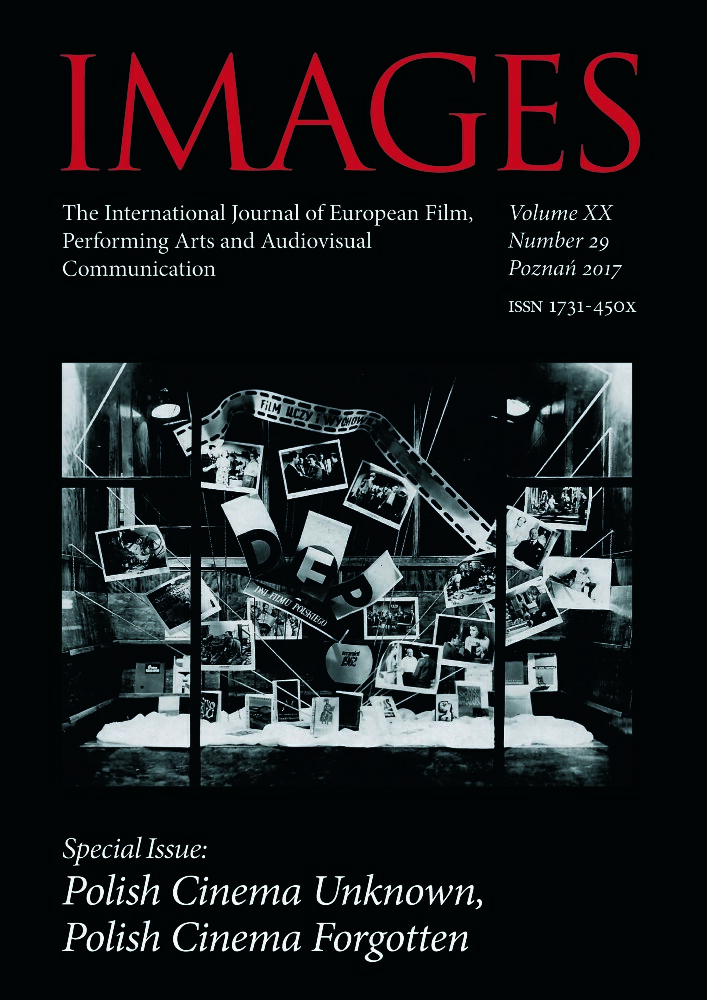Abstract
Author of the article, juxtaposing together three studies school of Roman Polanski, discusses the functions of music used in each of them. Due to the fact that the entire work the author of the Pianist’s is characterized by musical eclecticism – which is the main thesis of the article – it is proposed to look at the film music of early Polanski films, and to try to find a specific lineage of this eclecticism. Break Up the Dance, Lamp and When Angels Fall titles, which in the light filmic and musicological investigations differ from each other. Do not change the fact that each of these works “signs” that the director – the creator of not only the visual layer, but also (not forgetting the work of the composer) sound. In his early work Roman Polanski begins to create a kind of “range of methods” in relation to functions of music in the work of the film. The article is an attempt to systematize them and to find the film and the music key.
References
Harnoncourt N., 1995, Muzyka mową dźwięków, przeł. M. Czajka, Warszawa.
Harnoncourt N., 1999, Dialog muzyczny, przeł. M. Czajka, Warszawa.
Helman A., 1964, Rola muzyki w filmie, Kraków.
Hendrykowski M., 2011, Etiudy Romana Polańskiego, „Images” vol. IX, nr 17–18.
Lissa Z., 1964, Estetyka muzyki filmowej, Kraków.
Polański R., 1989, Roman, przeł. K. i P. Szymanowscy, Warszawa.
Stachówna G., 2002, Polański od A do Z, Kraków.
License
Copyright (c) 2017 Piotr Pomostowski

This work is licensed under a Creative Commons Attribution-NonCommercial-NoDerivatives 4.0 International License.
